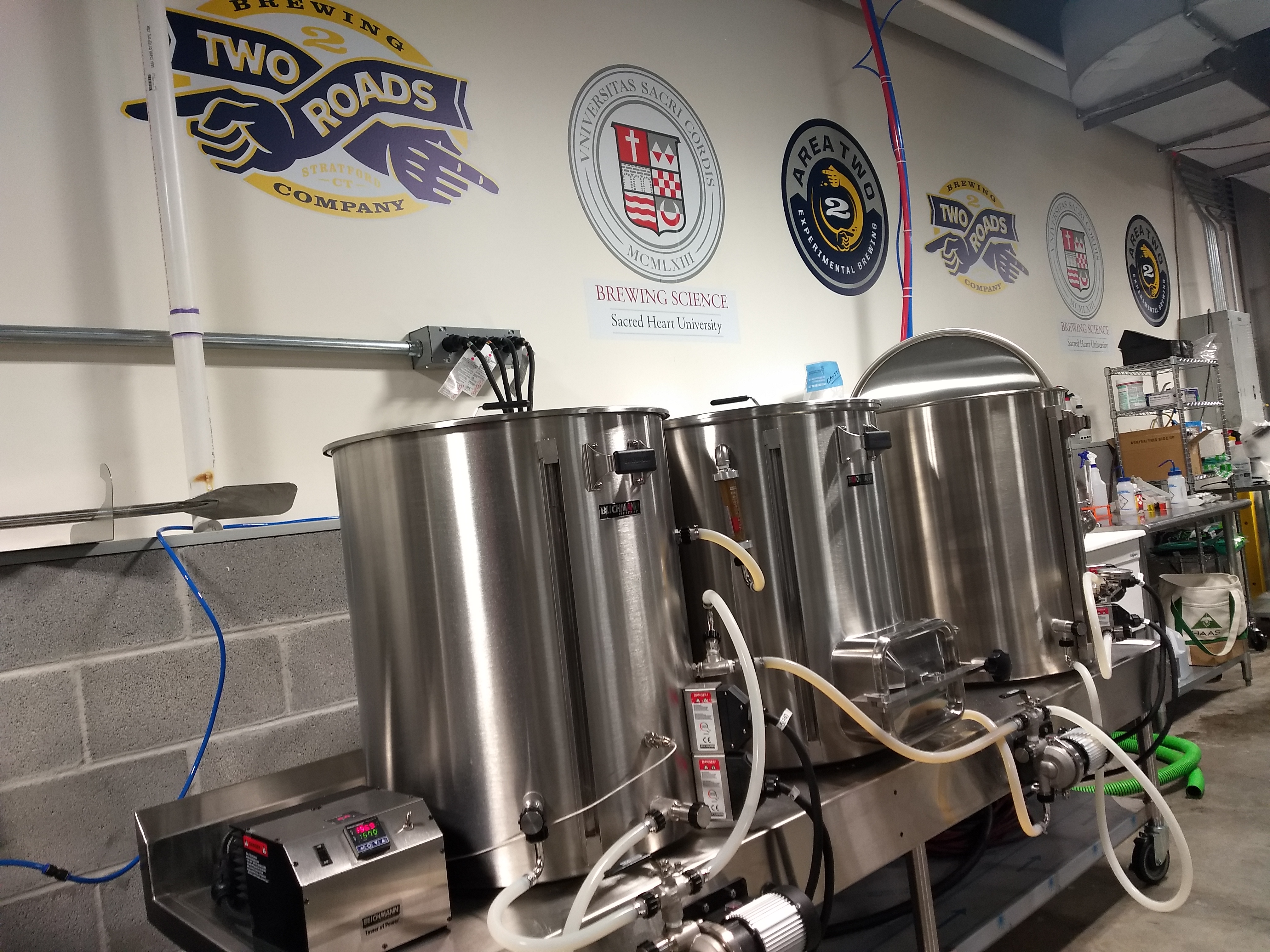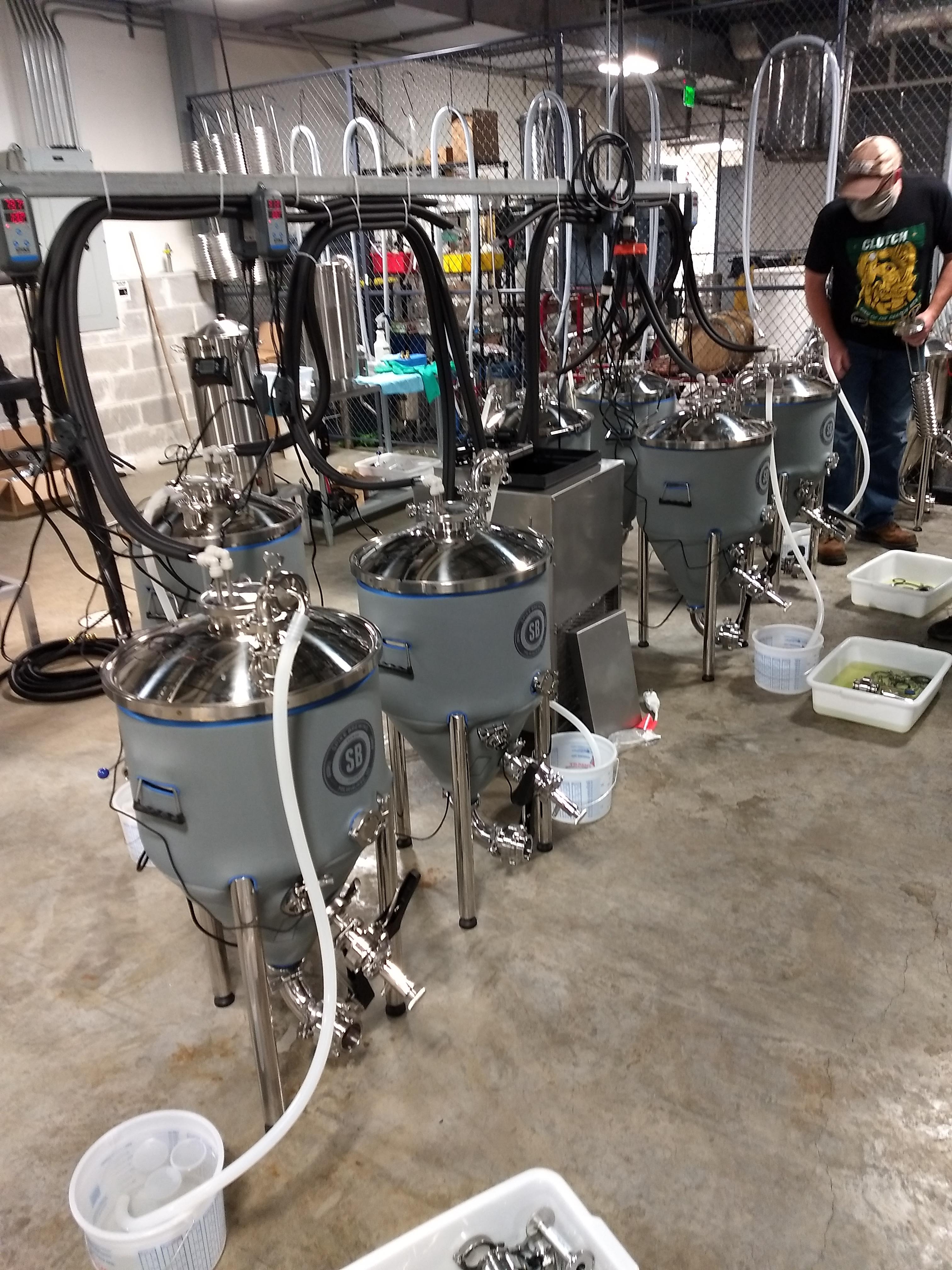- Joined
- Oct 13, 2020
- Messages
- 454
- Reaction score
- 295
Since I once searched online for online brewing courses, it seems like Facebook is now targeting me with offers for university certificate programs covering from basic brewing techniques to the business of running a brewery. I'm always interested in learning, but not planning to operate a beer business.
What learning resources - from free YouTube video series to degree-awarding programs - have you found most interesting and useful to apply in your homebrewing, and why? Please share your experiences both with free resources as well as those which you felt were a good investment of your money as well as your time.
What learning resources - from free YouTube video series to degree-awarding programs - have you found most interesting and useful to apply in your homebrewing, and why? Please share your experiences both with free resources as well as those which you felt were a good investment of your money as well as your time.




